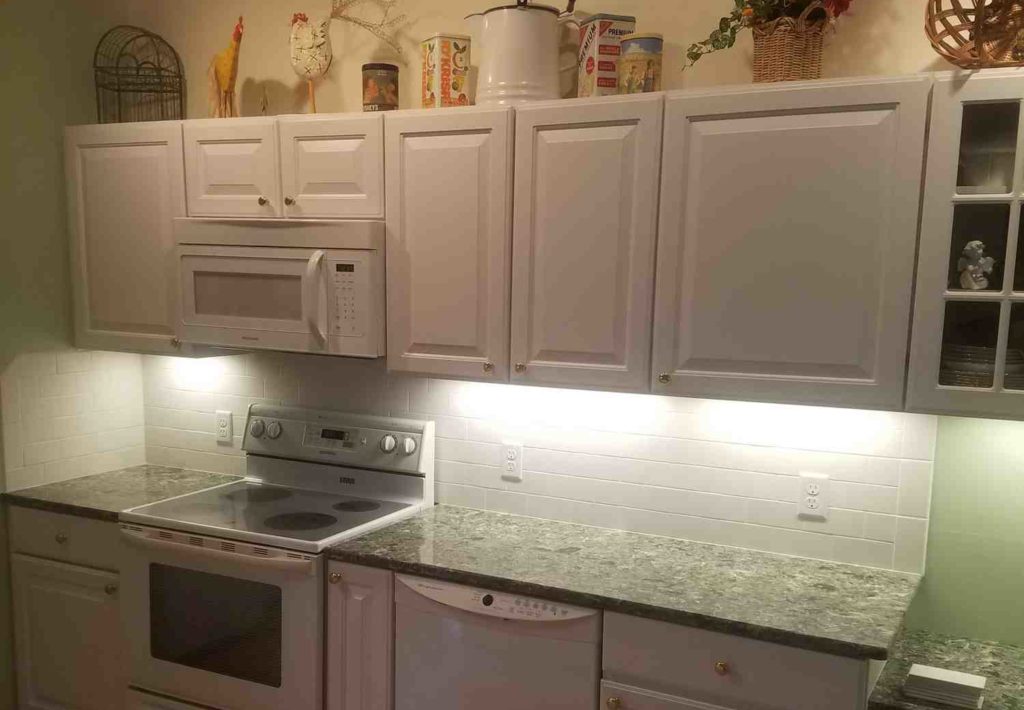While it may be tempting to start renovating your kitchen with a satisfying sledge hammer swing, the actual process requires a lot of planning. Even if you don’t cook, the kitchen is the center of parties, homework sessions, and important family discussions. From a real estate perspective, a kitchen can add value, sell a home, or leave it sitting on the real estate market. All of these things make a kitchen renovation important—and require extensive planning at the start of the kitchen remodel so you’re happy with the final project.
Make a list of wants
This list may be a new task, or a list that’s been piling up for some time. Start a list with features you want in your new kitchen, such as a gas stove, farmhouse sink, more storage, or a large kitchen island. For other ideas, check out friends’ kitchens or head to local kitchen galleries. The list of kitchen ideas is a long one, and the right ideas are different for every home owner. When compiling a list, realize, too, that a list of ‘wants’ are not set in stone; other factors can take those wants off the list (like the budget).
Set a budget
For anyone without an unlimited budget, a budget is a big part of a kitchen renovation project. When setting a budget, allocate the majority of the budget for items that are important to you—and the look of the kitchen.
With these decisions, too, realize that there has to be some give and take if the budget is tight. If you want to splurge on a spectacular farmhouse sink, you may need to spend less on another kitchen renovation item. Sometimes kitchen remodeling splurges are unanticipated, such as new electrical or plumbing costs, and cause a budget overage or a change in the remodeling plan. (An experienced contractor can also recommend ways to trim other renovation costs as well.) For this reason, always include a budget line for unanticipated costs.
Call a contractor
Once you have ideas and a budget, it’s time to contact contractors to decide which right professional is right for your home project. Ask each contractor:
How much experience do you have? Have you ever done a kitchen remodel before?
Do you apply for permits or should I?
Do you references that you can provide from past remodeling projects?
When are you available to start my kitchen remodel?
If we decide to hire you, what is your typical payment schedule? (Beware of contractors that ask for more than 10% upfront.)
What efforts do you take to protect my home from dust and messes during the renovation?
What is the best way to contact you? When should we expect the quote?
Don’t hesitate to ask the contractors for ideas for your kitchen renovation project. An experienced contractor may have suggestions that may improve the look and functionality of the new kitchen.
Have a plan
When renovating a kitchen, it’s okay to not have all the details finalized; however, a kitchen plan should be drafted for optimal (and expedient) results. If the budget is tight, it is cheaper to stick to the same kitchen floor plan. Changing the kitchen layout, such as moving the sink or adding a stove to the kitchen island, does add to the overall cost (budget accordingly). For additional help with layout and selecting the right finishes, consider consulting a kitchen designer (like Leah Johnson) to tie all your ideas into the floor plan and look you want.
To keep the project on schedule, try to finalize all the major parts of the kitchen renovation as soon as possible. Kitchen cabinets often take time for processing after the order. The same can be said for countertops and flooring. The size of the kitchen appliances often impacts the cabinet order and layout. All of these details play a part in finalizing the kitchen plan—and getting the remodeling (and sledge hammer swings!) started so you can enjoy your new, beautiful kitchen.

